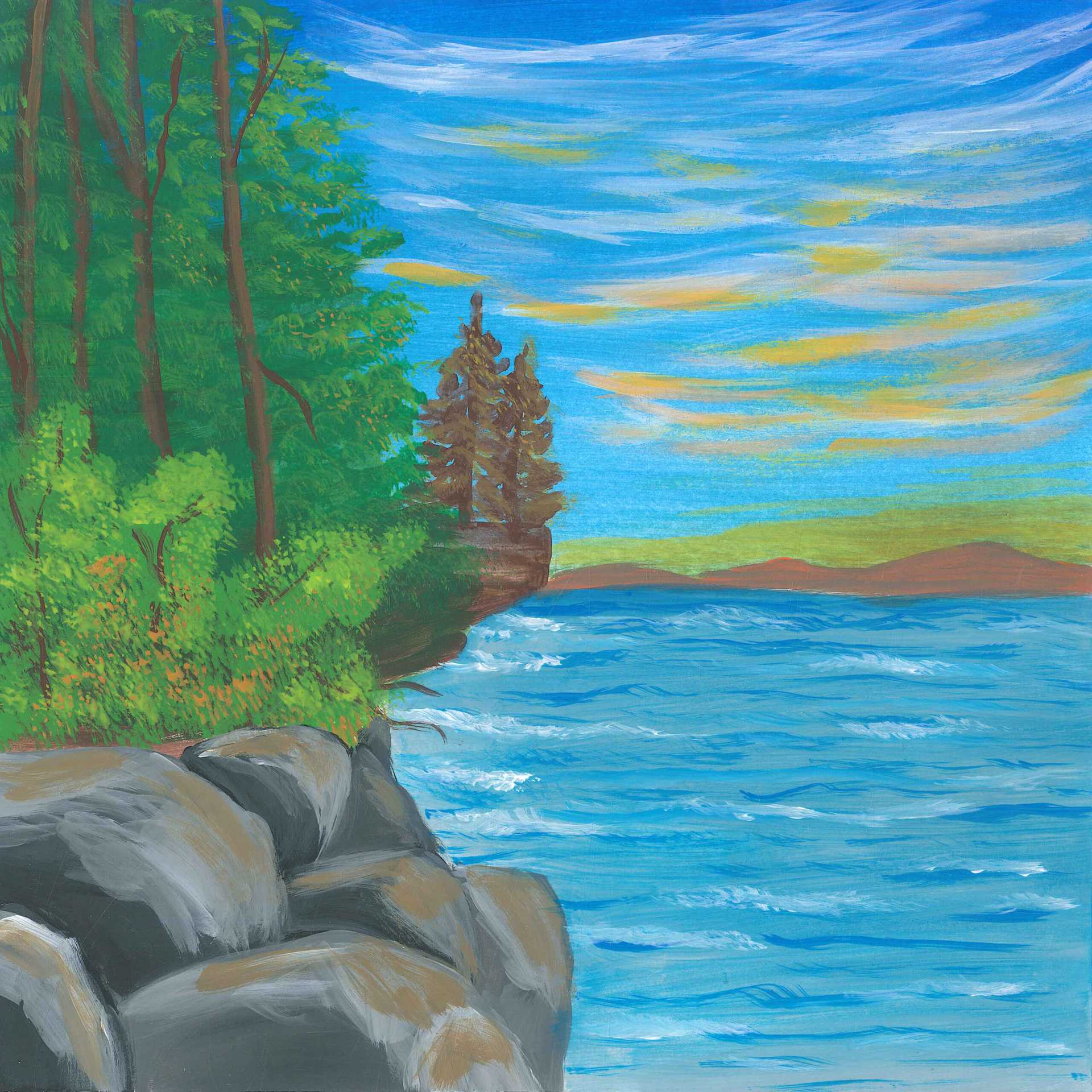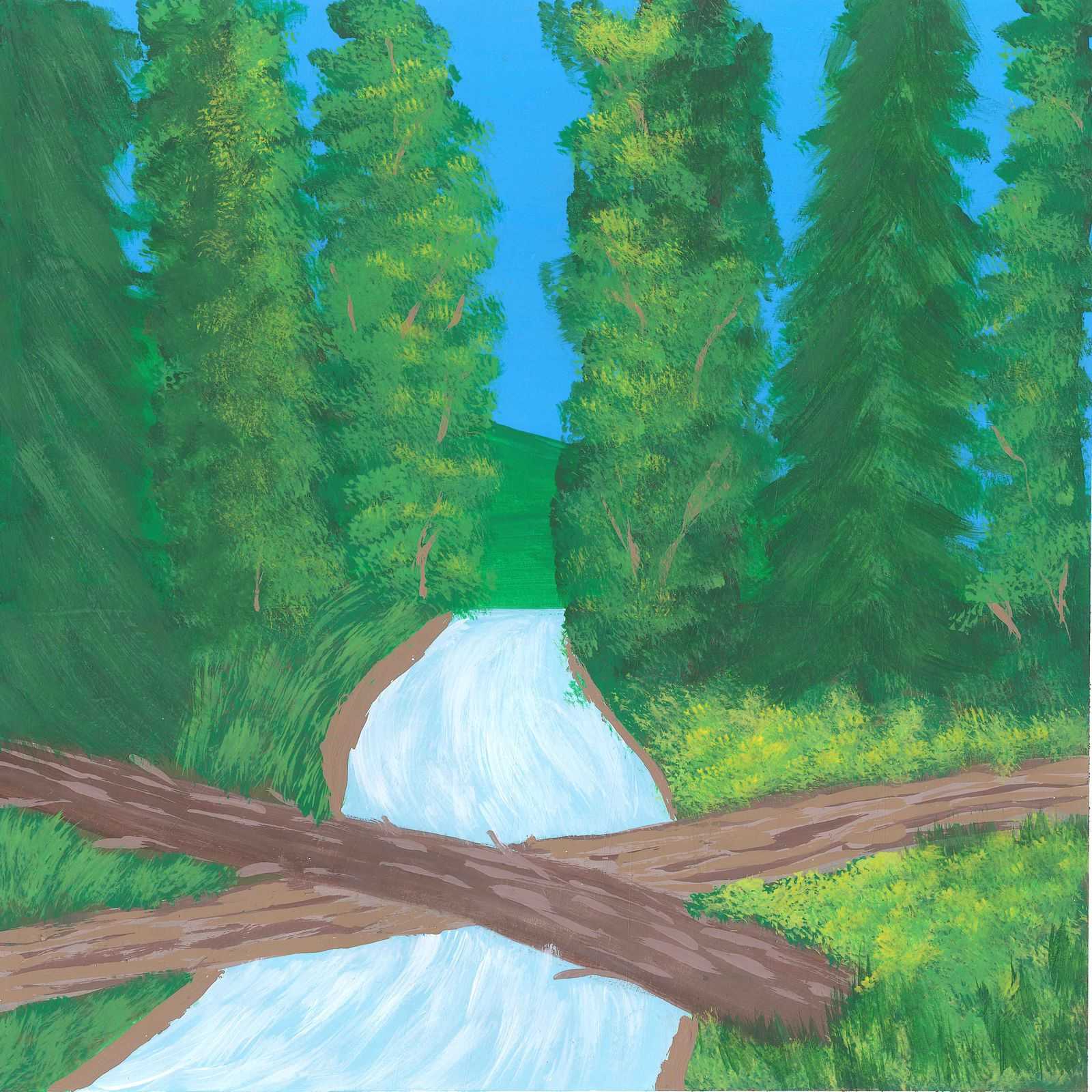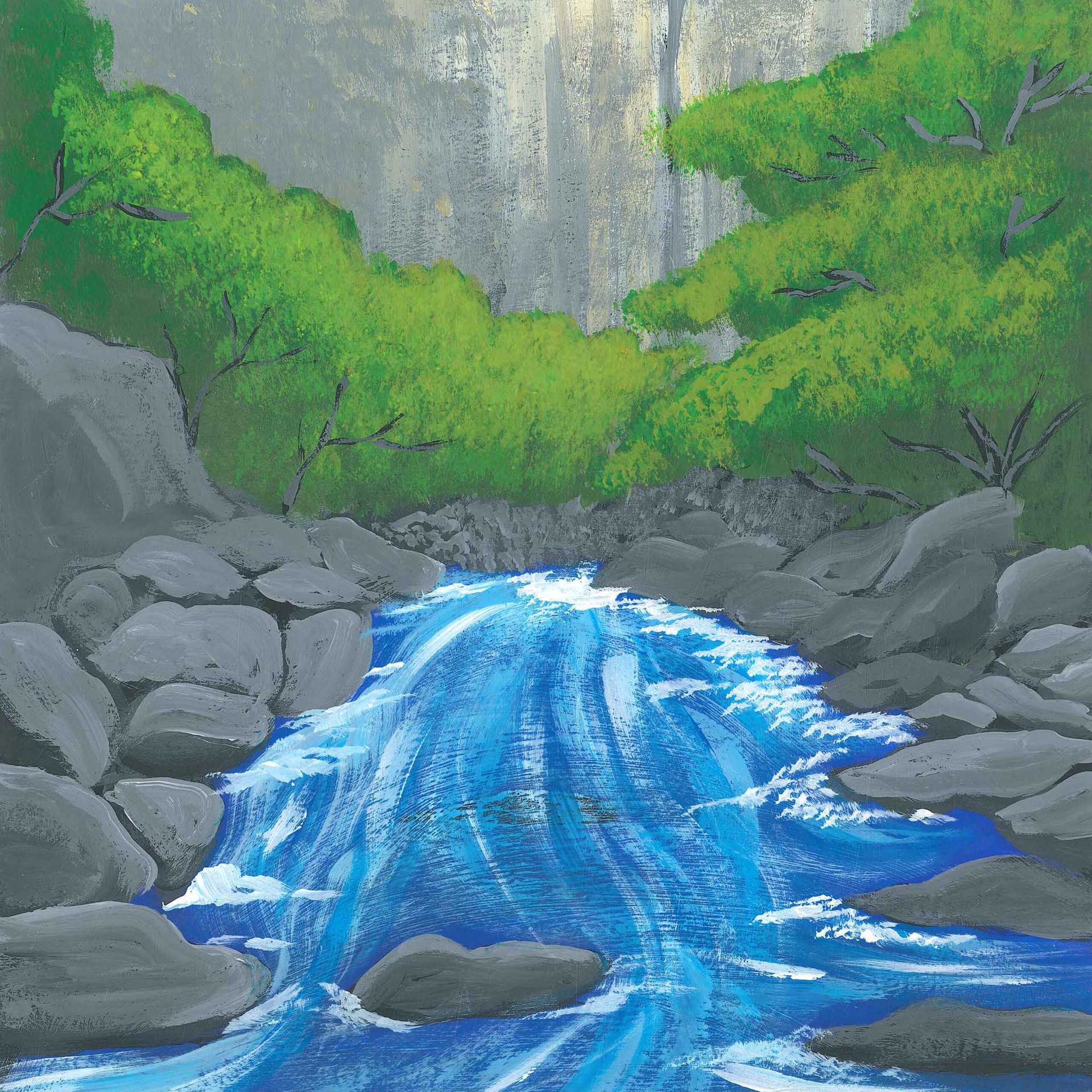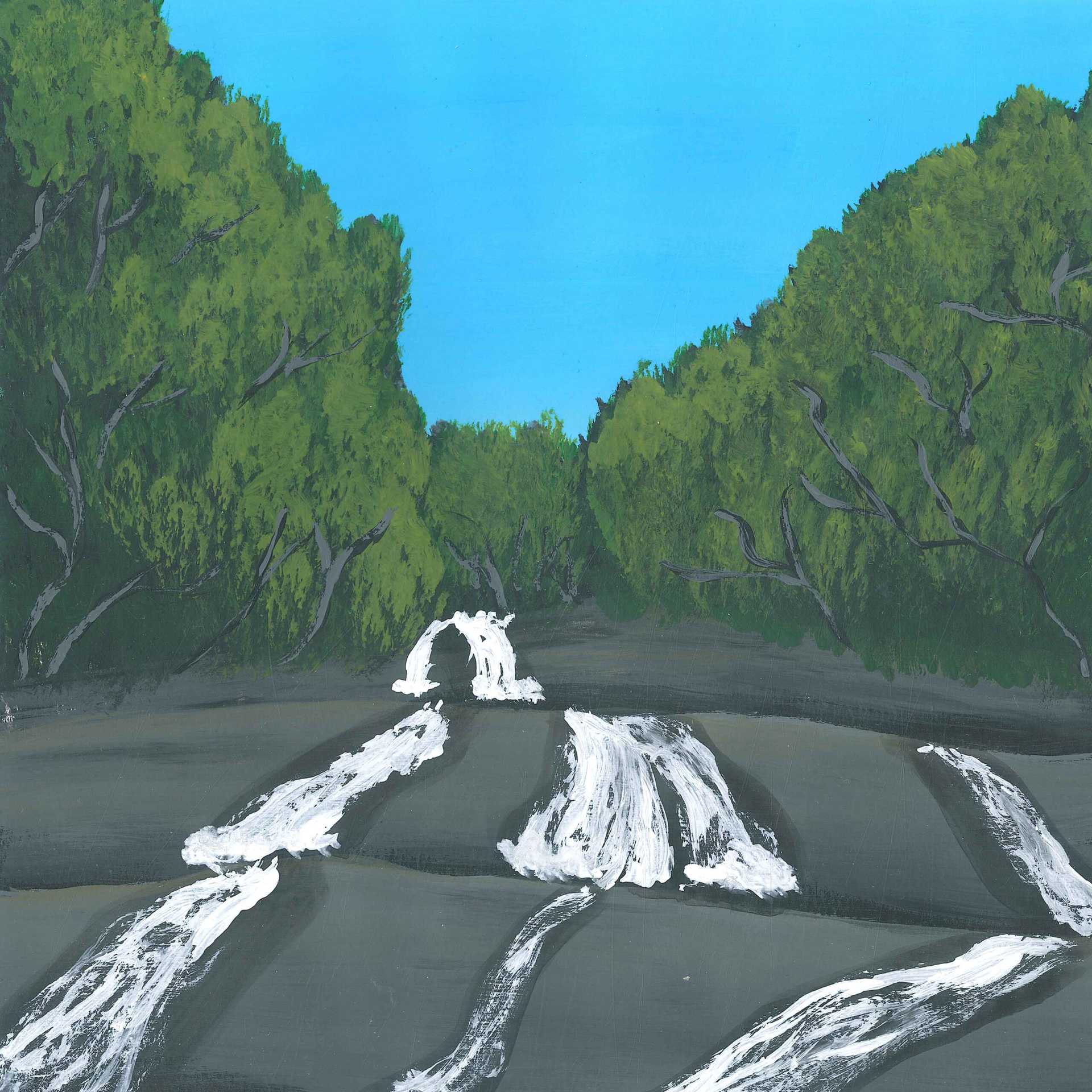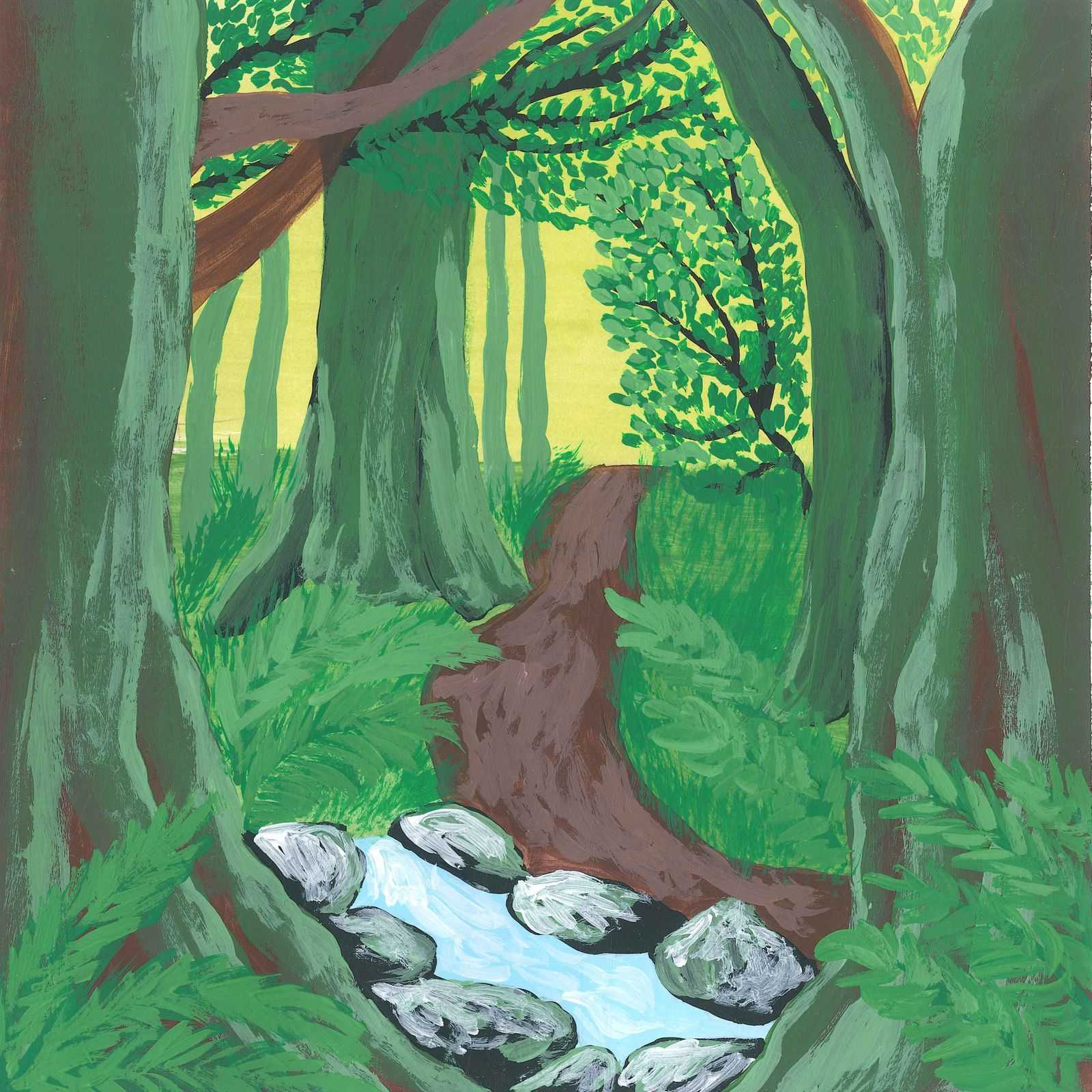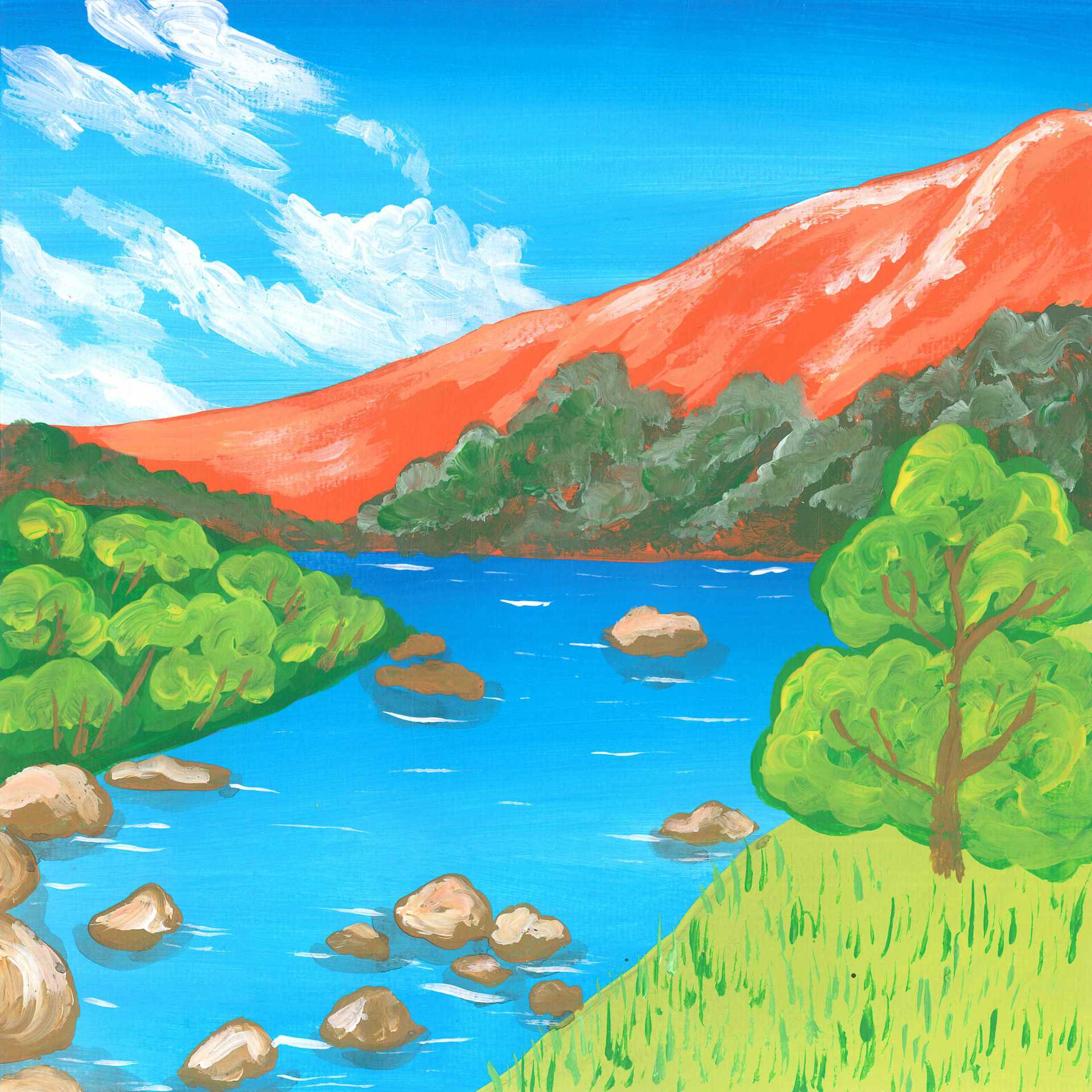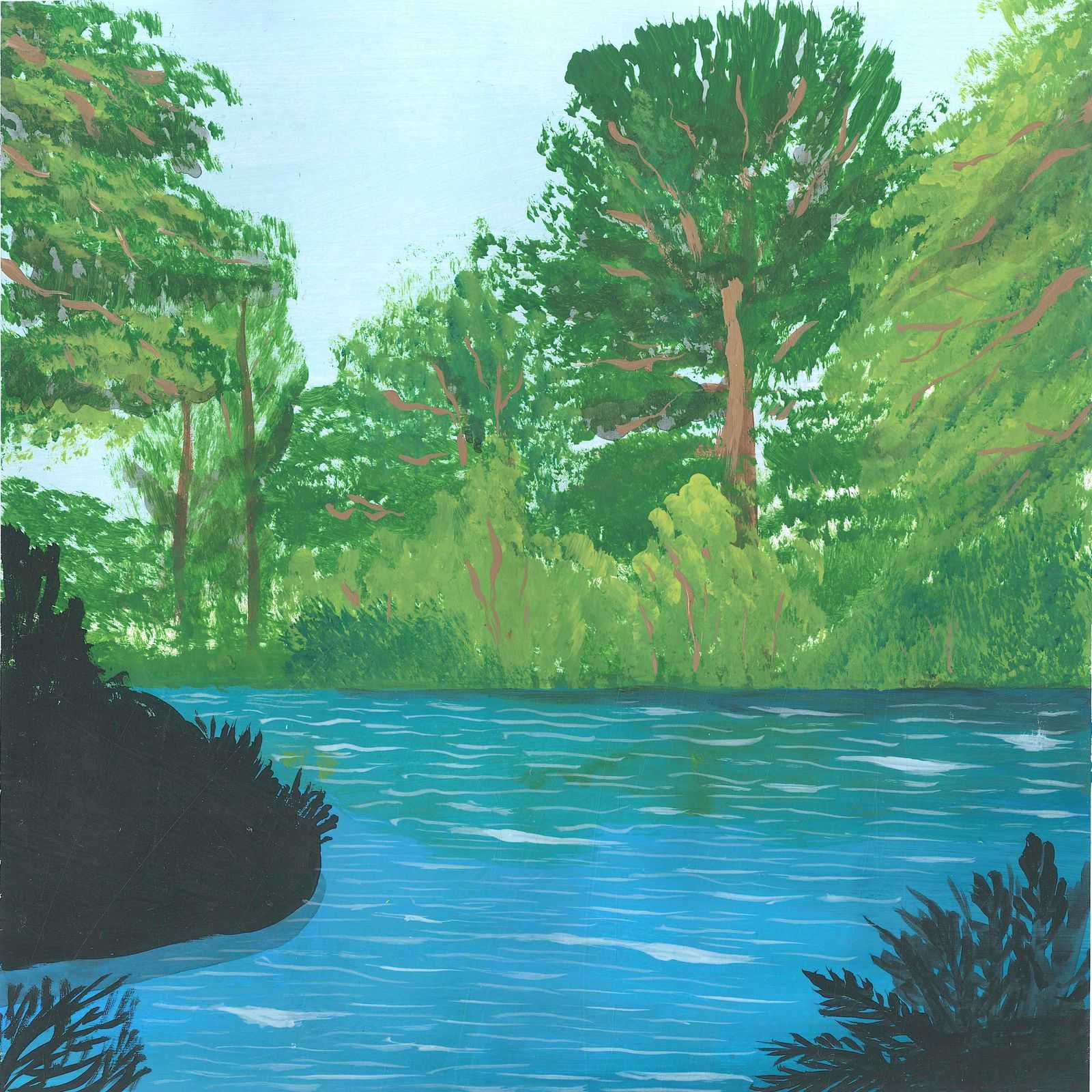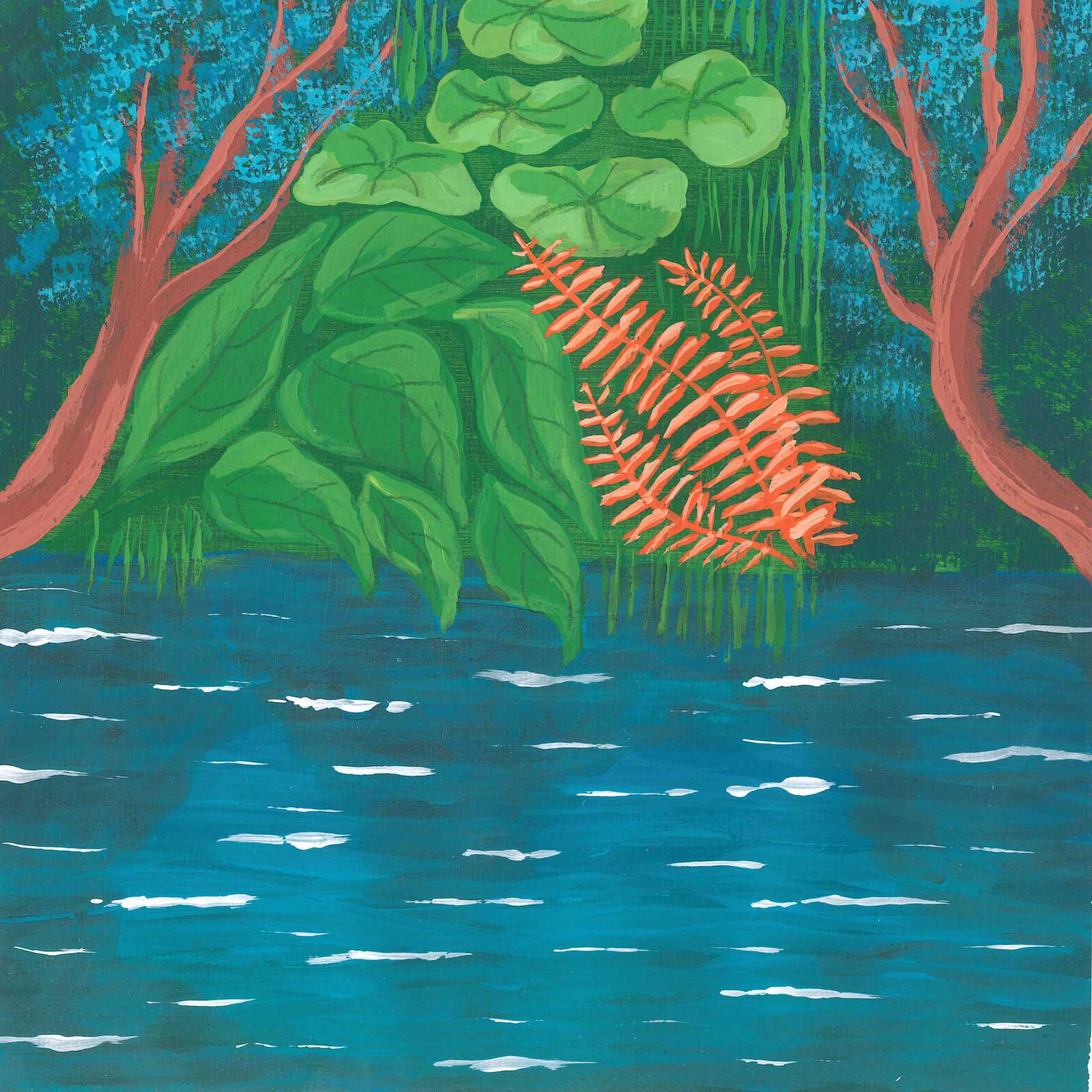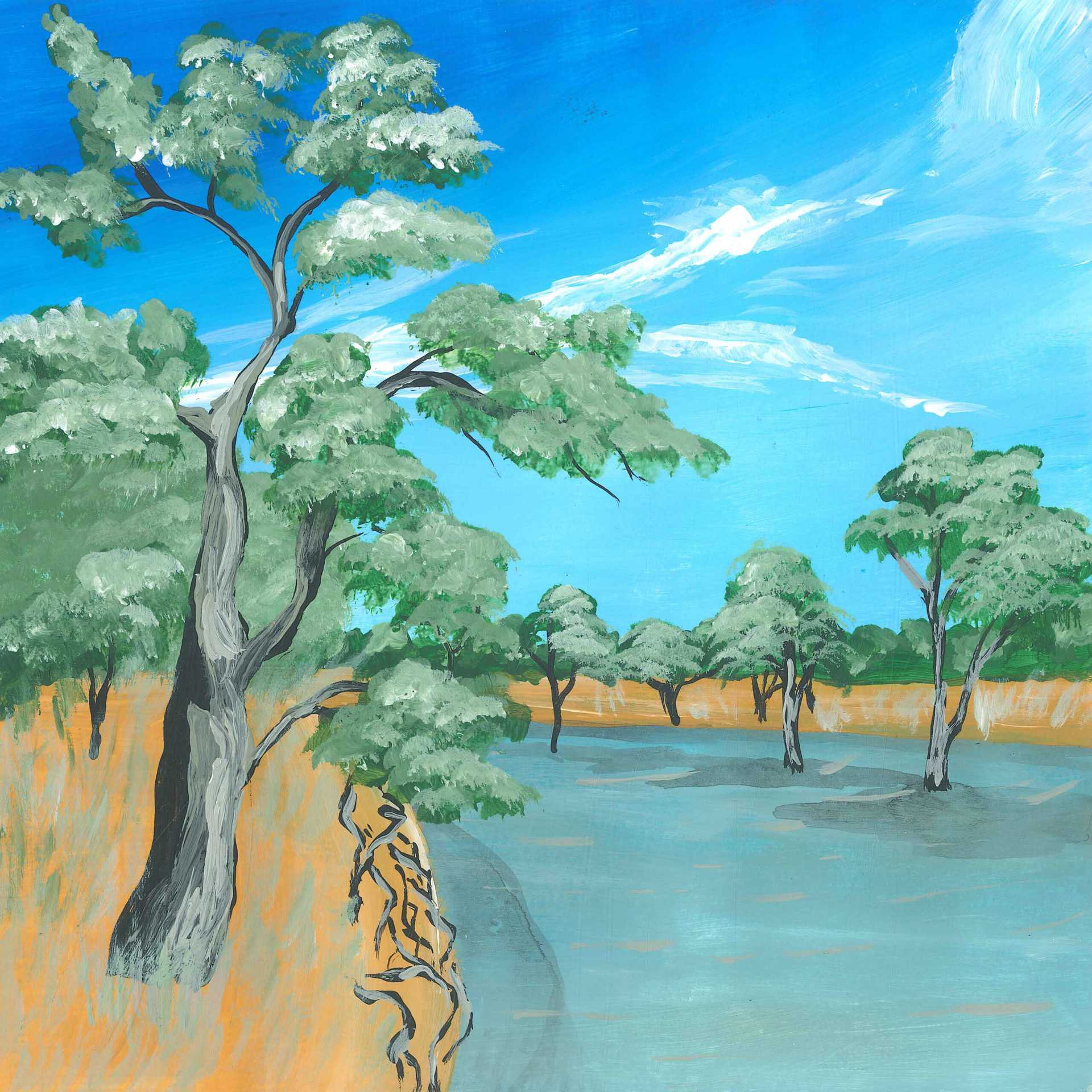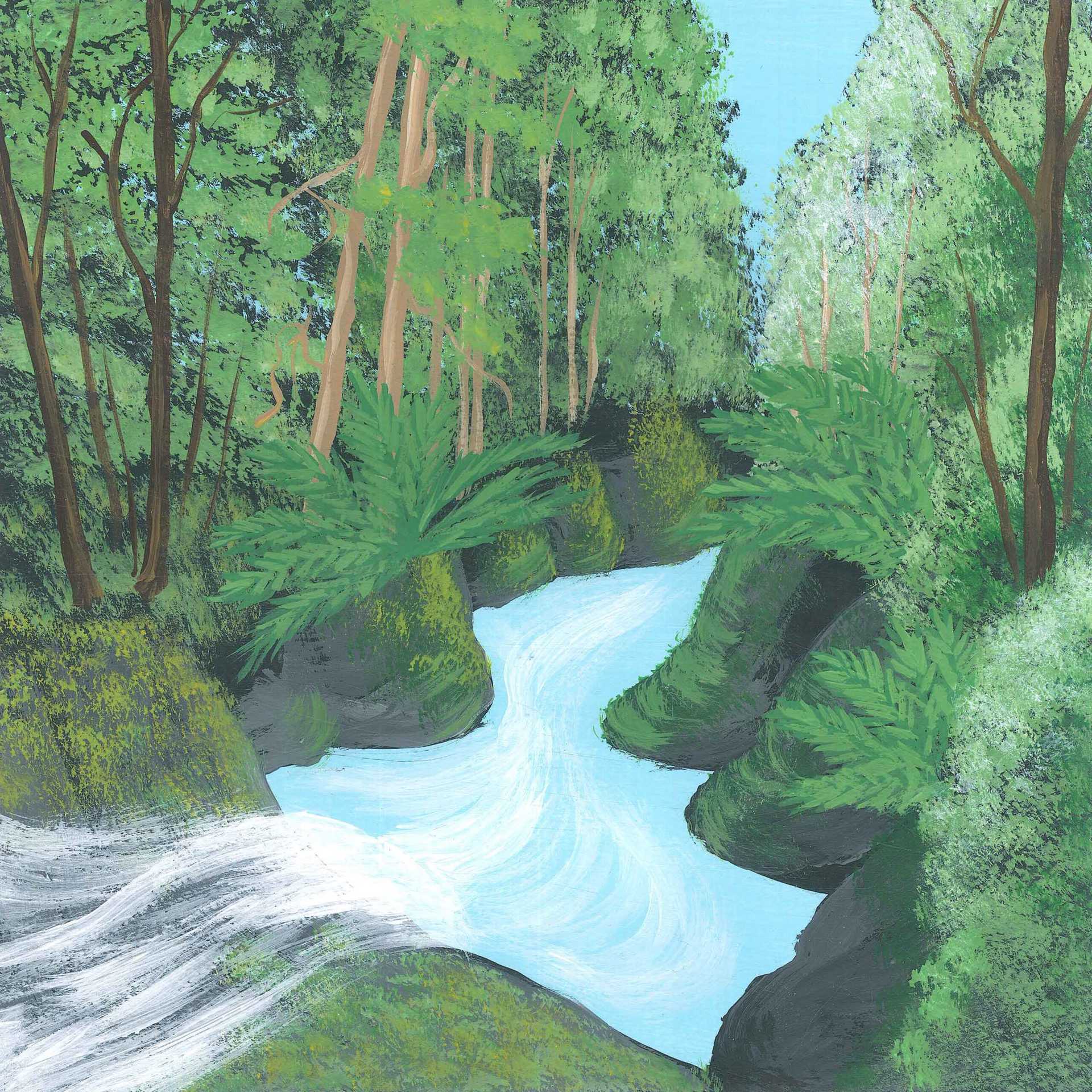
Water Sounds for Sleep
Water Sounds to Help You Sleep Better and Relax
Let this playlist of water sounds for sleep help your mind slow down—whether you’re drifting off, resting between long days, or just need a few minutes of peace.
From soft streams to slow-moving lakes and trickling fountains, these sounds flow gently in the background. No tension. No tech. Just water doing what it does best—bringing calm.
| #Title | Location | Ecosystem | Duration |
|---|---|---|---|
| USA | Wetlands | 24:16 | |
| Australia | Mountains | 03:10 | |
| India | Temperate Forests | 01:03:04 | |
| India | Temperate Forests | 10:00 | |
| India | Mountains | 04:17 | |
| France | Mountains | 04:21 | |
| Albania | Mountains | 04:48 | |
| Portugal | Temperate Forests | 08:21 | |
| Ghana | Wetlands | 21:44 | |
| Turkey | Mountains | 03:31 | |
| Australia | Tropical Forests | 05:39 |
Why do water sounds help you sleep?
Water sounds work because they feel natural to the body. They flow without pattern, but never feel random. That soft, steady motion helps your brain relax without effort.
We’re wired to trust the sound of water. Whether it’s a small stream or the hush of a still lake, it sends a message that things are calm, grounded, and safe. You don’t need to interpret or engage with it. You just let it happen.
Here’s why water sounds make such great sleep audio:
- Creates a soft noise barrier – Water sounds mask background distractions like street noise, talking, or light movement.
- Triggers a rest response – Your brain associates slow-moving water with stillness. It naturally cues your body to relax.
- Gentle randomness – Water doesn’t repeat in a loop. It shifts subtly, which keeps your mind present but not alert.
- Grounding effect – When your thoughts are racing or you feel unsteady, the sound of water brings you back into your body.
You don’t need silence to fall asleep. You just need a sound that helps you feel okay.
What creates the sound of water?
Water sounds are shaped by how it moves—and what it touches.
A slow stream sounds totally different from a fountain or waves in a cove. The speed, depth, and surface all play a role in how it lands in your ears and nervous system.
Here’s what creates that calming mix:
- Flow speed – Slow-moving water is smoother. Fast water adds texture and motion.
- Surfaces – Water over rocks sounds different than water on sand, grass, or metal. That subtle detail matters.
- Depth – Shallow water gives a light, crisp sound. Deeper water has a rounder, fuller tone.
- Echo – Water near walls or inside channels adds soft reverb. It feels closer, more personal.
- Natural extras – Occasional drips, wind, or nearby insects give it life without making it distracting.
The right water sound doesn’t feel like a loop. It feels alive, but not demanding.
What are the different types of water sounds?
Not all water sounds feel the same. Some are soft and still. Others bring more movement or background activity. You can pick based on what you need: deep sleep, grounding, or a calm focus.
Gentle Stream
- Smooth and continuous
- No harsh edges
- Great for winding down after a busy day
Trickle or Drip
- Soft, spaced-out water hits
- Helps quiet the mind without flat background noise
- Works well for people who find rhythm calming
River Flow
- Steady and layered
- Good for sleep or meditation
- More movement, but still gentle
Lake or Still Water
- Barely-there lapping sound
- Best for total calm
- Helps with anxiety and slowing down
Fountain Sounds
- Crisp, indoor echo with clear notes
- Great for focus or light background sound
- Use when you want to stay relaxed but not sleepy
Pick the version that fits your night. Or mix them to build your own soundscape.
Why do we need this now?
Because it’s not quiet anymore. There’s noise from every direction—phones, lights, movement, alerts. Silence is rare. And when you do get it, it often feels awkward, not restful.
Water sounds for sleep give you a middle ground. You’re not in silence, and you’re not in chaos. You’re just somewhere calm.
Play it often and your body will start to link it with rest. Over time, it becomes a signal: time to stop scrolling, time to breathe, time to sleep.
Here’s what it helps with:
- Falling asleep faster
- Calming your thoughts before bed
- Creating a night-time habit that sticks
- Drowning out random house noise
- Bringing your nervous system back to neutral
No effort required. Just play the sound and let it do its thing.
How to use water sounds for sleep
There’s no perfect setup. But a few habits can help the sound work better for you:
- Keep volume low—it should feel like background, not the main event
- Play it while you wind down (reading, stretching, deep breathing)
- Use headphones if you need to block extra noise
- Let it run overnight if needed—looped playback is fine
- Try pairing it with a dark room, soft lighting, or calming scents
You don’t need a full routine. Just a sound that helps you stop thinking.
FAQs
Are water sounds different from rain or ocean audio?
Yes. Water sounds usually focus on streams, trickles, and fountains. Rain is more rhythmic. Ocean tends to be broader and deeper. Water sounds are often softer and less layered.
Can I use water sounds during the day?
Absolutely. They’re great for focus, stress relief, or even short breaks. You don’t have to wait for bedtime.
Do these help with anxiety too?
They can. Water sounds offer a soft sensory anchor, which is useful when your thoughts feel scattered or heavy.
What’s the best water sound for sleep?
Start with a slow stream or gentle trickle. If your mind likes movement, try a soft river. Avoid fast or splashy sounds—they’re better for focus.
Can I combine water sounds with other audio?
Yes. Water pairs well with crickets, wind, or low-frequency ambient tones. Just keep the mix balanced.
Earth.fm is a completely free streaming service of 1000+ nature sounds from around the world, offering natural soundscapes and guided meditations for people who wish to listen to nature, relax, and become more connected. Launched in 2022, Earth.fm is a non-profit and a 1% for the Planet Environmental Partner.
Check out our recordings of nature ambience from sound recordists and artists spanning the globe, our thematic playlists of immersive soundscapes and our Wind Is the Original Radio podcast.
You can join the Earth.fm family by signing up for our newsletter of weekly inspiration for your precious ears, or become a member to enjoy the extra Earth.fm features and goodies and support us on our mission.
Subscription fees contribute to growing our library of authentic nature sounds, research into topics like noise pollution and the connection between nature and mental wellbeing, as well as funding grants that support emerging nature sound recordists from underprivileged communities.

